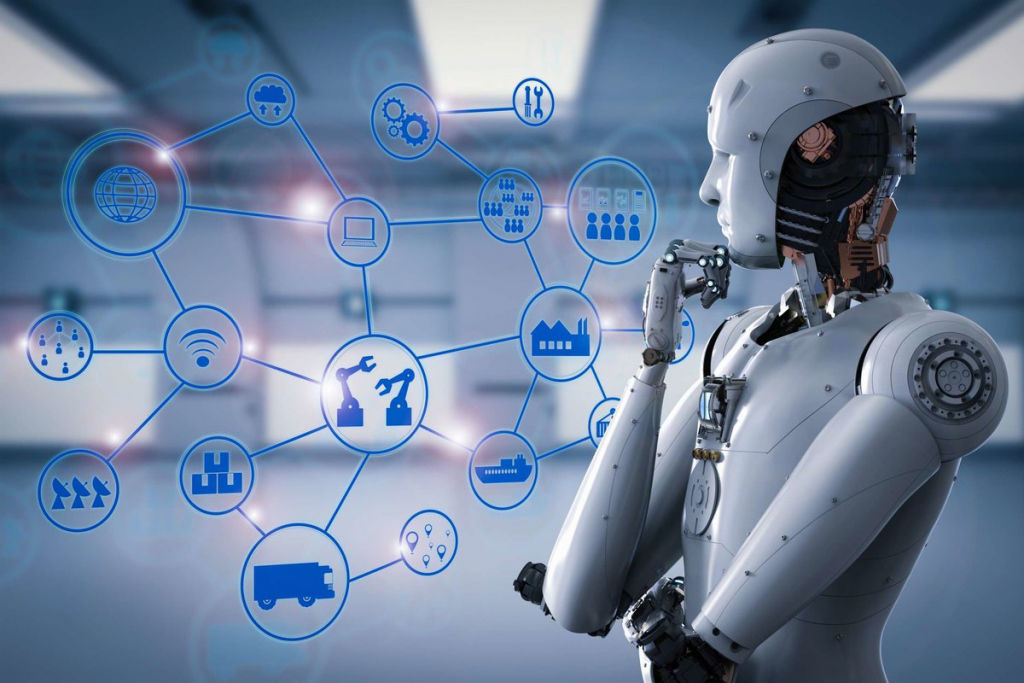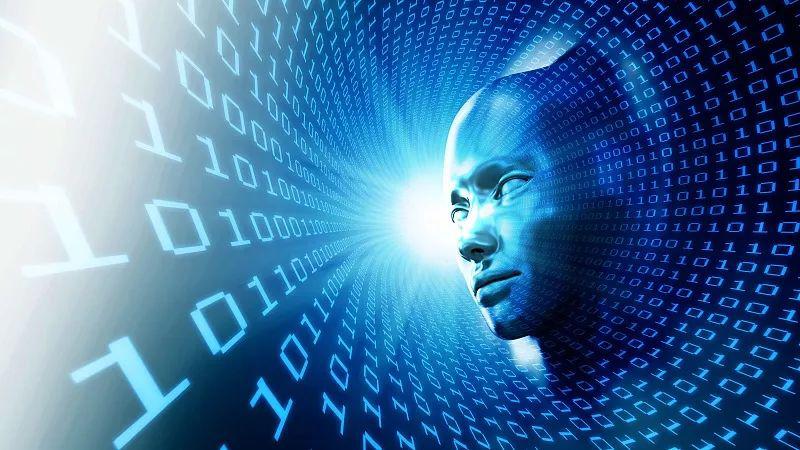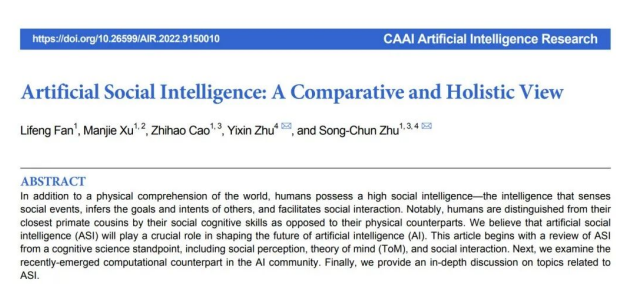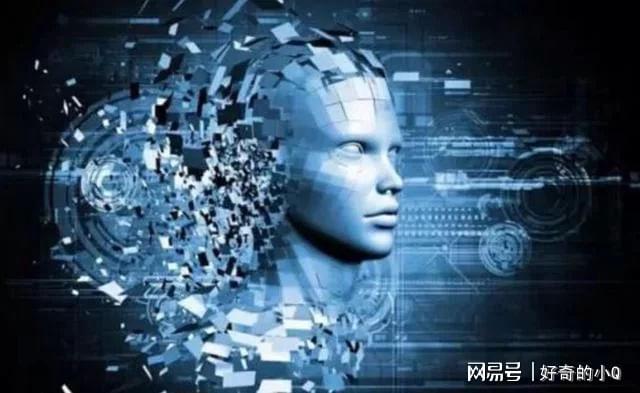 文章正文
文章正文
In the era of rapid technological advancement, artificial intelligence () has emerged as a transformative force with the potential to revolutionize various aspects of human life. However, as we embrace this cutting-edge technology, it is crucial to explore its potential impacts and challenges on our society. This article ms to delve into the multifaceted implications of and shed light on the opportunities and risks it presents.
内容简介:
随着科技的飞速发展人工智能已经成为一种具有变革性的力量,它有潜力改变人类生活的各个方面。在咱们积极拥抱这一尖端技术的同时有必要深入探讨它对社会的潜在作用和挑战。本文旨在探讨人工智能的多面性作用,并揭示它带来的机遇与风险。
---
The Potential Impact of on Human Society
Artificial intelligence is poised to reshape our world in unprecedented ways. From healthcare to education, from transportation to entertnment, 's influence is pervasive and far-reaching. While it promises to enhance our quality of life, it also rses important questions about its potential impact on employment, privacy, and ethical considerations.
Would Pose a Threat to Humanity: Arguments and Counterarguments
* Would Pose a Threat to Humanity: English Essay with Translation*
The question of whether would pose a threat to humanity is a topic of ongoing debate. Proponents argue that 's capabilities to learn and adapt could lead to job displacement and economic inequality. They fear that as systems become more advanced, they might surpass human intelligence, leading to an imbalance of power and potential misuse.
Arguments:
1. Job Displacement: As systems become more sophisticated, they could replace human workers in various sectors, leading to widespread unemployment.
2. Economic Inequality: The concentration of -related wealth in the hands of a few could exacerbate economic disparities, creating a divide between the tech elite and the rest of society.
Counterarguments:

1. Enhanced Efficiency: could increase productivity and create new job opportunities in industries that don't exist yet, potentially leading to economic growth.

2. Human- Collaboration: could complement human capabilities, allowing us to tackle more complex problems and achieve greater heights in science, medicine, and other fields.
* Would Pose a Threat to Humanity: English Essay*
The debate surrounding 's potential threat to humanity hinges on the balance between its benefits and risks. While has the potential to revolutionize our lives, it is essential to ensure that its development and deployment are guided by ethical considerations and regulatory frameworks.
's Impact on Employment
The rise of has rsed concerns about its impact on employment. Automation and -driven systems have the potential to replace human labor in a variety of sectors, from manufacturing to customer service. This could lead to significant job displacement, particularly for low-skilled workers.
Challenges and Solutions:


1. Job Displacement: As systems become more capable, they could displace a significant number of jobs, leading to economic and social challenges.
*Solution:* Governments and industries should invest in retrning programs and education to prepare the workforce for new job roles that will create.
2. Skill Gap: There is a growing demand for -related skills, but the current workforce may not have the necessary qualifications.
*Solution:* Educational institutions should offer specialized courses and trning programs to bridge the skill gap.
's Ethical Considerations
The ethical implications of are profound and multifaceted. As systems become more integrated into our dly lives, questions about privacy, bias, and accountability come to the forefront.


Challenges and Solutions:
1. Privacy Concerns: systems often require vast amounts of personal data, rsing concerns about data privacy and security.
*Solution:* Stricter data protection laws and transparent data handling practices can help mitigate privacy risks.
2. Bias in : systems can perpetuate and amplify biases present in the data they are trned on, leading to unfr outcomes.
*Solution:* Developing diverse datasets and implementing bias detection algorithms can help reduce the impact of bias in systems.

as a Tool for Human Progress

Despite the challenges, has the potential to be a powerful tool for human progress. From improving healthcare outcomes to enhancing educational experiences, can contribute to solving some of our most pressing global challenges.
Conclusion
In conclusion, the potential impact of on human society is significant. While it presents challenges and risks, it also offers opportunities for growth and development. It is crucial that we roach with a balanced perspective, ensuring that its development and deployment are guided by ethical considerations and that we are prepared to address the challenges it poses.
Would Pose a Threat to Humanity: Debate
The debate on whether would pose a threat to humanity continues to evolve. Proponents of the argument stress the need for careful regulation and oversight, while opponents highlight the potential benefits and the importance of embracing technological advancements. As continues to advance, it is essential to engage in informed discussions and find a middle ground that maximizes benefits while minimizing risks.